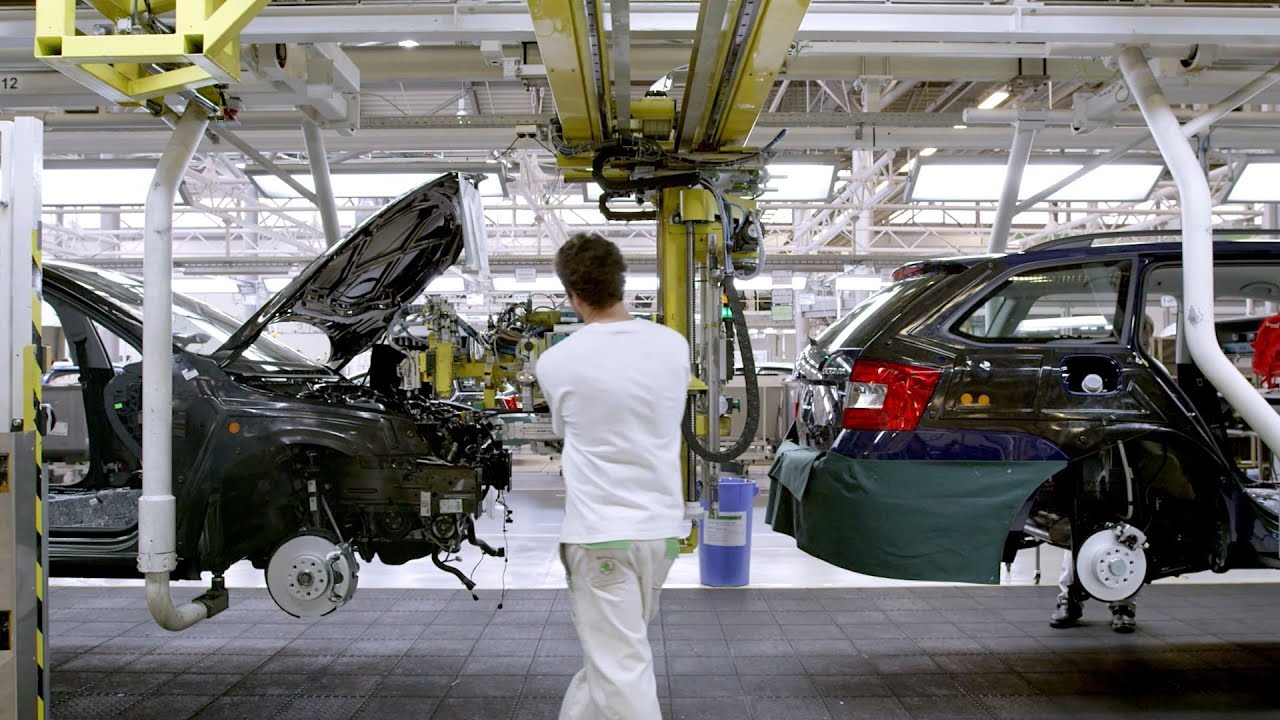Fitch Ratings has affirmed Japan-based semiconductor manufacturer Renesas’ long-term issuer default rating (IDR) and senior unsecured rating at BBB- and removed the ratings from rating watch negative (RWN). The outlook on the long-term IDR is stable.
“The stable outlook reflects our view that Renesas total debt with equity credit/operating Ebitda will improve to below 3.0x – the level above which Fitch may consider negative rating action – in 2022 on a June 2021 equity issuance and stronger operating performance,” the credit rating agency says in a note seen by Kallanish.
Fitch forecast Renesas’ like-for-like revenue to rise by around 20% in 2021.
“The strong growth will be supported by a recovery in the automotive industry, higher semiconductor content in electric vehicles and sustained strong demand for consumer electronics and industrial goods,” it claims.
The current global chip shortage also supports Renesas’ pricing power, and strengthens its ability to pass cost increases on to customers, the rating agency added.
“Global semiconductor content in the automotive segment is likely to rise on greater adoption of electric vehicles and autonomous driving,” Fitch says. “We believe Renesas could acquire another company in the medium term to expand its technological capability and product portfolio. The proposed acquisition of Dialog will be the company’s third major acquisition within five years, reflecting its aggressive M&A strategy.”
Earlier this month, Renesas said it expects semiconductor shortages for the automotive industry will continue until the middle of next year (see Kallanish passim).
The global semiconductor shortage has also hit this week Toyota Motor, the company says. Japan’s largest carmaker said Thursday it will reduce production in the country by 40% from 22 August to 17 September. The latest problem come after outbreak of Covid-19 infections in chip plant in Malaysia.
This week, Russian carmaker AVTOVAZ resumed some production sites after a hold in July due to semiconductor shortages. However, it said that this problem will likely continue during the rest of the year.
Last week, semiconductor shortages forced Nissan and Volvo to halt some production sites.
Global automotive production could rebound 7-9% on-year in 2021 but will be hampered by supply chain frictions, mainly the lack of semiconductors for OEMs, ING Bank said previously.
The disruption will cost automakers 3.8 million units in lost production in 2021, noted Fitch Ratings.
Svetoslav Abrossimov Bulgaria





